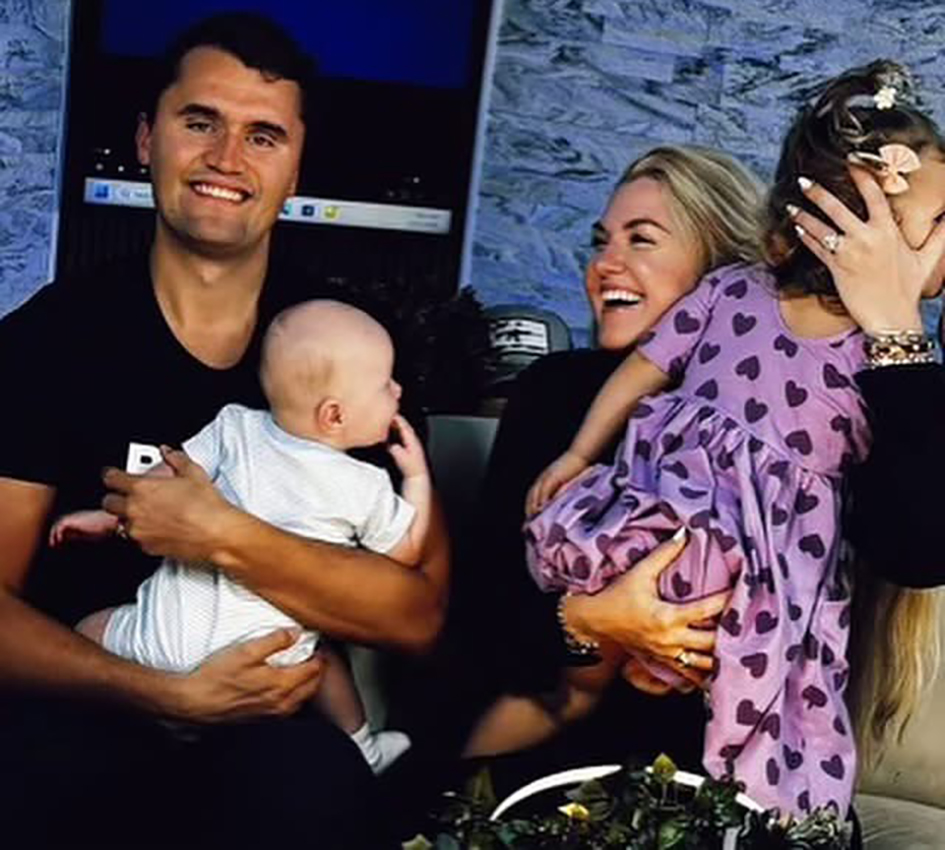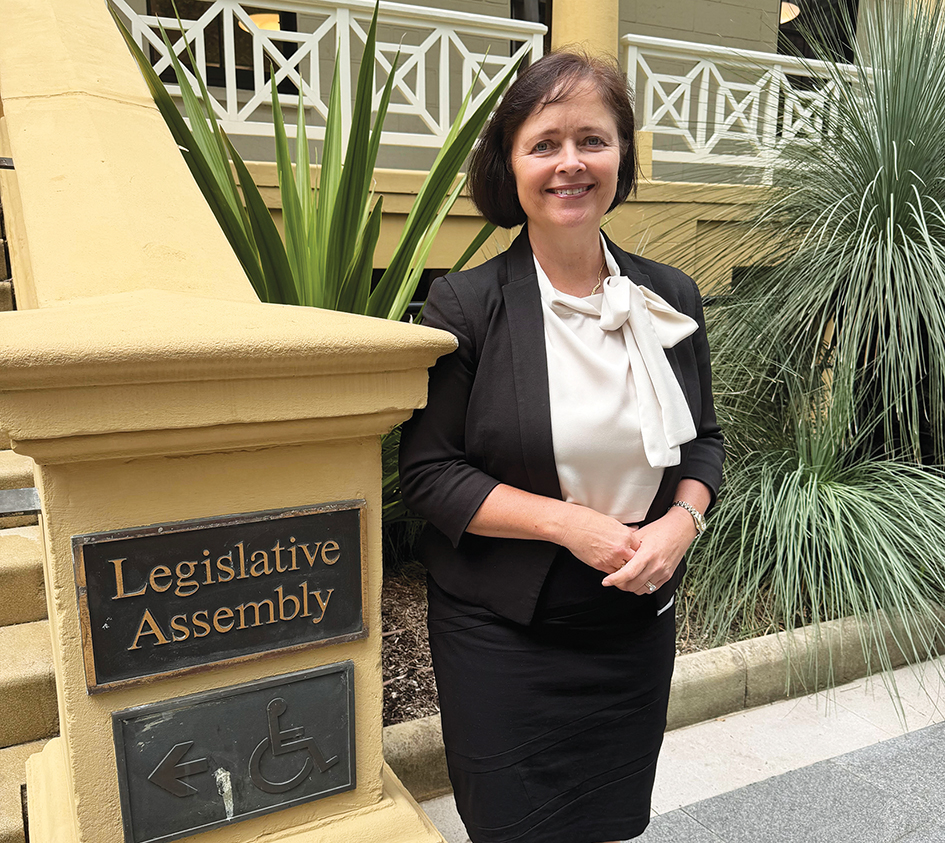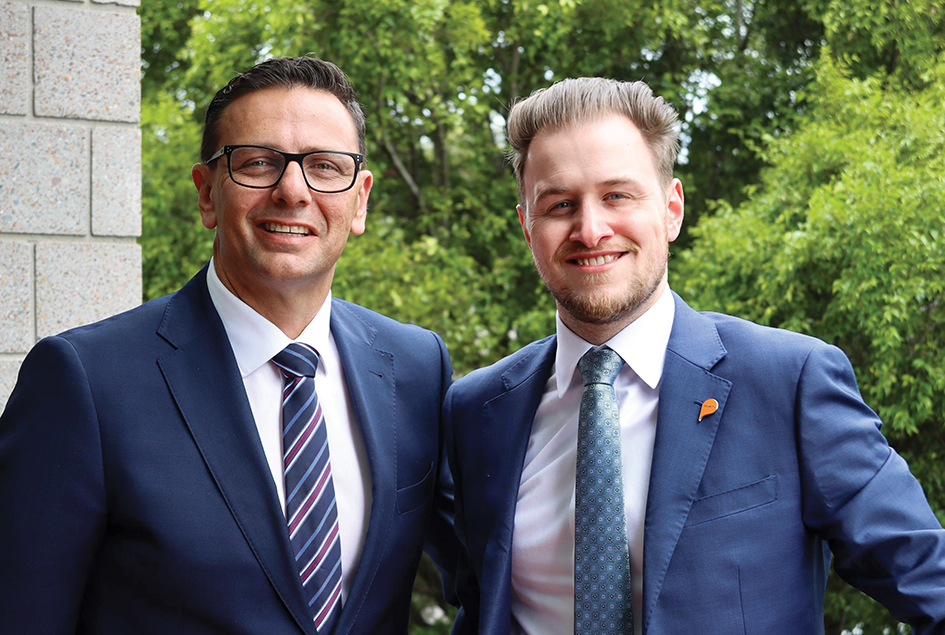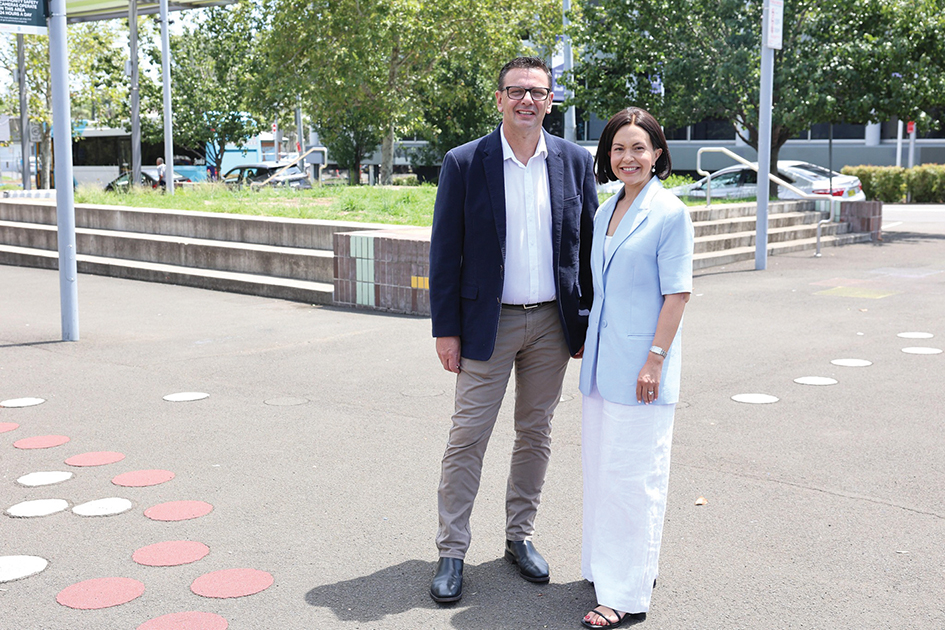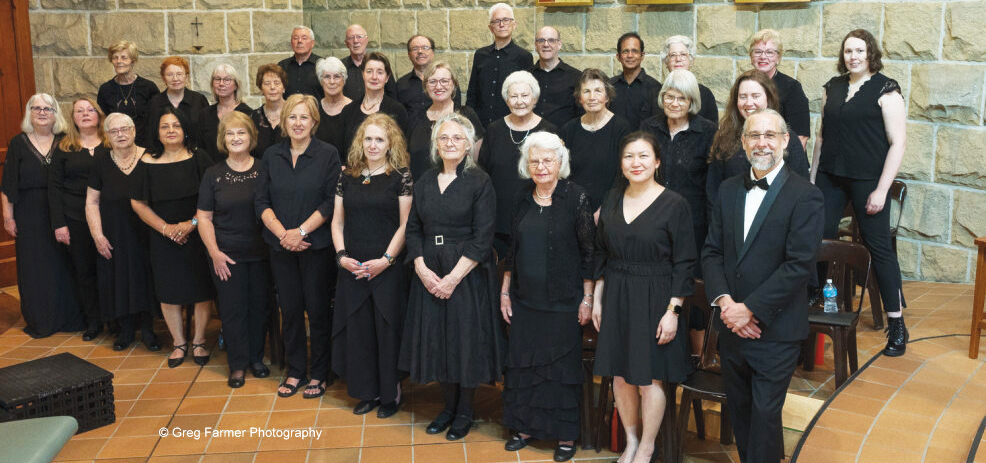IN my view, the mindset expressed across social media in the wake of Charlie Kirk’s murder has revealed one of the most polarising divides we’ve ever seen.
Charlie, a 31-year-old American conservative activist, public speaker and devout Christian, was gunned down at a speaking event in Utah. Disturbing mobile phone footage of the shooting – showing him falling from his chair in front of a shocked audience – was shared across every major platform within hours. He leaves behind a young family.
As with any activist or political speaker, not everyone agreed with him. That’s the very nature of politics. He didn’t just preach his beliefs and create an echo chamber though; he encouraged debate from anyone who desired to challenge him. Nobody was forced to listen to him; his audiences numbered in the hundreds and thousands and they consisted of those who agreed with him and those who wanted to challenge him. That’s democracy in action. Or at least, it was.
Debate was the foundation of his events – if you don’t agree step up and say so – we all have different views on things.
Call me crazy, but I always thought that regardless of our political leanings, the one thing we all agree on is that cold-blooded murder is a terrible thing.
What has been deeply confronting in the aftermath of his murder is not only the act itself, but the reaction.
The cheers, parties and jokes from some who didn’t agree with him have been absolutely astounding.
Then there are those who claim that although they don’t condone Charlie Kirk’s murder there’s a ‘BUT.’
Personally, I have found all the people saying “he shouldn’t have died ‘BUT’ he did say this and he did say that” just as abhorrent.
I didn’t agree with everything Charlie said. Yet the measure of a free society has always been the principle: I disapprove of what you say, but I will defend your right to say it.
From what I can see, often the outrage against things Charlie allegedly expressed has been built on snippets pulled out of context. For instance, I’ve seen claims that he “didn’t believe in empathy” – twisted to suggest he lacked any care for others. A two minute google search will reveal he argued that “sympathy” was often a better term, since empathy is defined as “feeling the same as someone.” One might disagree with his semantics, but that’s hardly evidence of a man devoid of humanity.
Whatever words he said – nothing, absolutely nothing – justifies murder.
We live in a world where we are supposedly free to speak our mind, provided it doesn’t break any laws.
Many debates centre on our rights as human beings, so why isn’t the entire world appalled that Charlie Kirk’s right to speak was ripped away from him?
We have political characters well-known across the world who express views that might seem extreme to some, but the Charlie Kirks and the Greta Thunbergs have a right to express themselves, whether people agree with them or not.
A life snuffed out because they said words that a murderer didn’t agree with, should never be something we look to either excuse or justify. Violence is absolutely never the right answer.
To put it in perspective of how I see it; here in Australia, we mourn the horrifying toll of women murdered in domestic violence situations. Can you imagine if society responded with, “She shouldn’t have died ‘BUT’ she did say this and she did say that”? We would be appalled at such victim-blaming. Any attempts to imply she somehow provoked her own death would be rightly met with anger. Yet disturbingly, that is exactly what is happening in commentary about Charlie’s death. A person who spoke their mind to those who chose to tune in and listen.
Violence is never okay. Murder is never okay. These are simple truths that require no qualifiers, no excuses and no ‘BUT’ at the end of the sentence.
That’s my opinion on the back of what has happened, and I know not everyone will agree with me. That’s politics and the right to freely speak your mind. My hope is that we never lose sight of that right, or the humanity that underpins it.

